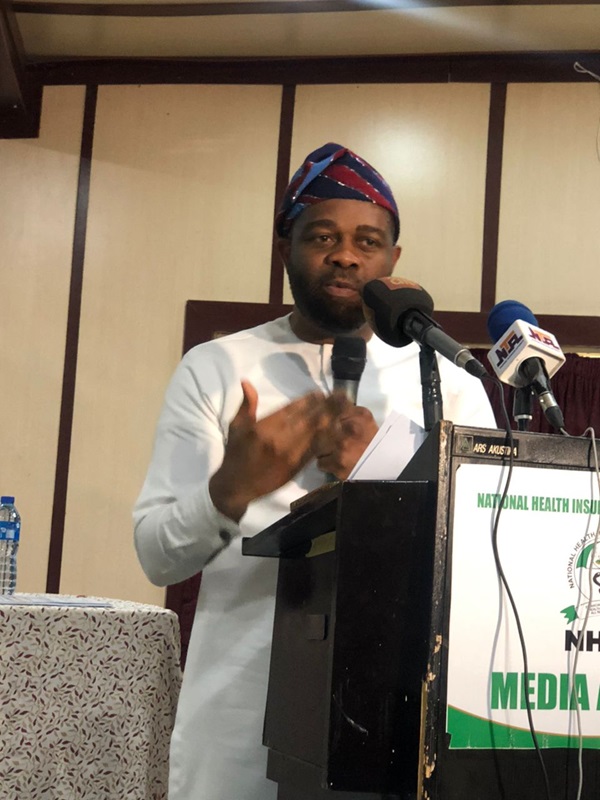
The National Health Insurance Authority (NHIA) has announced plans to expand its flagship Financing Access to Comprehensive Emergency Obstetric Care (CEmOC) programme to include health insurance coverage for newborns across Nigeria.
The director-general of NHIA, Dr. Kelechi Ohiri disclosed on Thursday in Abuja during a courtesy visit by members of the Nigerian Society of Neonatal Medicine (NISONM).
Ohiri stated that the maternal health component of the CEmOC programme, launched nearly a year ago, has already provided life-saving interventions to more than 6,000 vulnerable women with obstetric complications nationwide. He described the expansion into neonatal care as the “natural next step.”
“Newborns deserve access to timely, high-quality care, and we are committed to making that possible without adding financial burdens to families,” he said.
He explained that the new neonatal component would be co-designed with NISONM through a collaborative, data-driven process to address both demand-side and supply-side challenges. These include facility readiness, availability of skilled personnel and essential equipment and medications.
“This initiative requires partnerships with key stakeholders like the National Primary Health Care Development Agency (NPHCDA), the Presidential Initiative for Unlocking the Healthcare Value Chain (PVAC) and the SWAp coordination office,” he added.
The NISONM delegation, which included leading neonatologists such as Prof. Mariya Yola, Prof. Iretiola Fajolu, Dr. Tongo and Dr. Obum Ezeanosike, expressed strong support for the NHIA’s plan. They pledged technical support, data and policy input to help shape impactful, scalable solutions for newborn health.
Science Nigeria reports that Nigeria has one of the highest neonatal mortality rates globally – estimated at 34 deaths per 1,000 live births, more than twice the global average. Most neonatal deaths occur within the first week of life and are largely preventable, caused by complications like prematurity, birth asphyxia, infections and lack of access to quality care.
The burden is heaviest in the North-West and the north-central regions due to persistent disparities in health infrastructure and skilled personnel.
Achieving Sustainable Development Goal 3.2, which seeks to reduce neonatal mortality to 12 per 1,000 live births by 2030, will require coordinated efforts, regional adaptation and equitable financing strategies.
The meeting marks a strategic step toward integrating neonatal care into Nigeria’s broader universal health coverage agenda.

